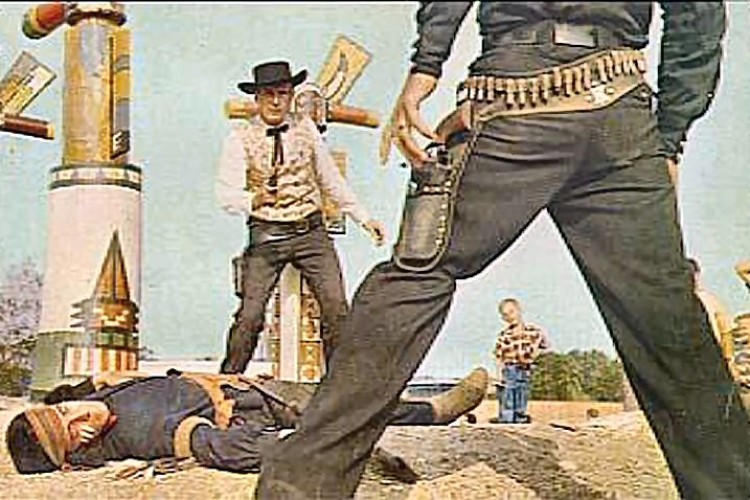EC Harris found that UK construction disputes took, on average, 12.9 months to be settled in 2012 compared to 8.7 months in 2011, an increase of 33%.
It also found that joint ventures are particularly susceptible to legal disputes.
The report – Global Construction Disputes: A Longer Resolution – is EC Harris’s third annual study into the duration, value, common causes and resolutions of construction disputes across the globe during 2012.
Dispute values in the UK rose from £6.6m in 2011 to £17.7m in 2012. Despite this increase, the UK is still below the global average which stands at £20.4m. The Middle East continued to experience the highest value disputes at £41.8m, whilst disputes in the US had the lowest value at £5.8m.
Gary Kitt, head of contract solutions at EC Harris, said: “Construction projects are increasing in complexity, so when a dispute materialises its duration is not necessarily linked to its value, and so complex disputes can take equally as long to unravel which is resulting in many disputes spanning a year or more. Another reason for the slowdown in the UK is the Technology & Construction court’s ruling that encourages the use of the pre-action protocol. This added step has tended to delay resolution of some major disputes.”
One of the highest profile disputes in the UK last year involved the construction of the Shard in London. The dispute between steelwork companies Cleveland Bridge UK and Severfield-Rowen Structures first came to light in early 2010, but was only resolved in January 2013 following a lengthy dispute that ended up in the High Court. Cleveland Bridge was ultimately ordered to pay o £824,478 in damages to Severfield-Rowen for delays and defects which were estimated to cause a delay of 42 days on the Shard’s construction.
The research found that the top five causes of construction disputes in the UK during 2012 were:
- Failure to properly administer the contract
- Failure to understand or comply with contractual obligations
- Employer imposed change
- Conflicting party interests
- Incomplete and/or unsubstantiated claims.
Adjudication was found to be the most common method of resolution in the UK, followed by arbitration and party to party negotiation.
The research also explored the frequency of disputes amongst joint venture (JV) arrangements. EC Harris found that, where a JV was in place, a JV-related difference was likely to drive a dispute on approximately one in five (19%) occasions.
Mr Kitt added: “Joint venture agreements are becoming more prevalent, particularly where a project is of such a large size and scale or there is a need because of licensing requirements for a local JV partner. These JVs are causing a significant number of cases, so more needs to be done in order to ensure that the JV itself does not end up in dispute.”
This research was conducted by the EC Harris Contract Solutions and Arcadis Construction Claims Consulting experts and is based on construction disputes handled by the teams during 2012.
Global construction disputes – summary of results
|
Region |
Dispute values (£ millions) |
Length of dispute (months) |
||||
|
2010 |
2011 |
2012 |
2010 |
2011 |
2012 |
|
|
Middle East |
36.2 |
72.4 |
41.8 |
8.3 |
9 |
14.6 |
|
Asia |
41.5 |
34.2 |
25.6 |
11.4 |
12.4 |
14.3 |
|
US |
41.5 |
6.8 |
5.8 |
11.4 |
14.4 |
11.9 |
|
UK |
4.8 |
6.6 |
17.7 |
6.8 |
8.7 |
12.9 |
|
Mainland Europe |
21.4 |
22.6 |
16.1 |
10 |
11.7 |
6 |
|
Global average |
22.6 |
20.7 |
20.4 |
9.1 |
10.6 |
12.8 |
Source: EC Harris Global Construction Disputes 2013: A Longer Resolution
Got a story? Email news@theconstructionindex.co.uk
.png)


